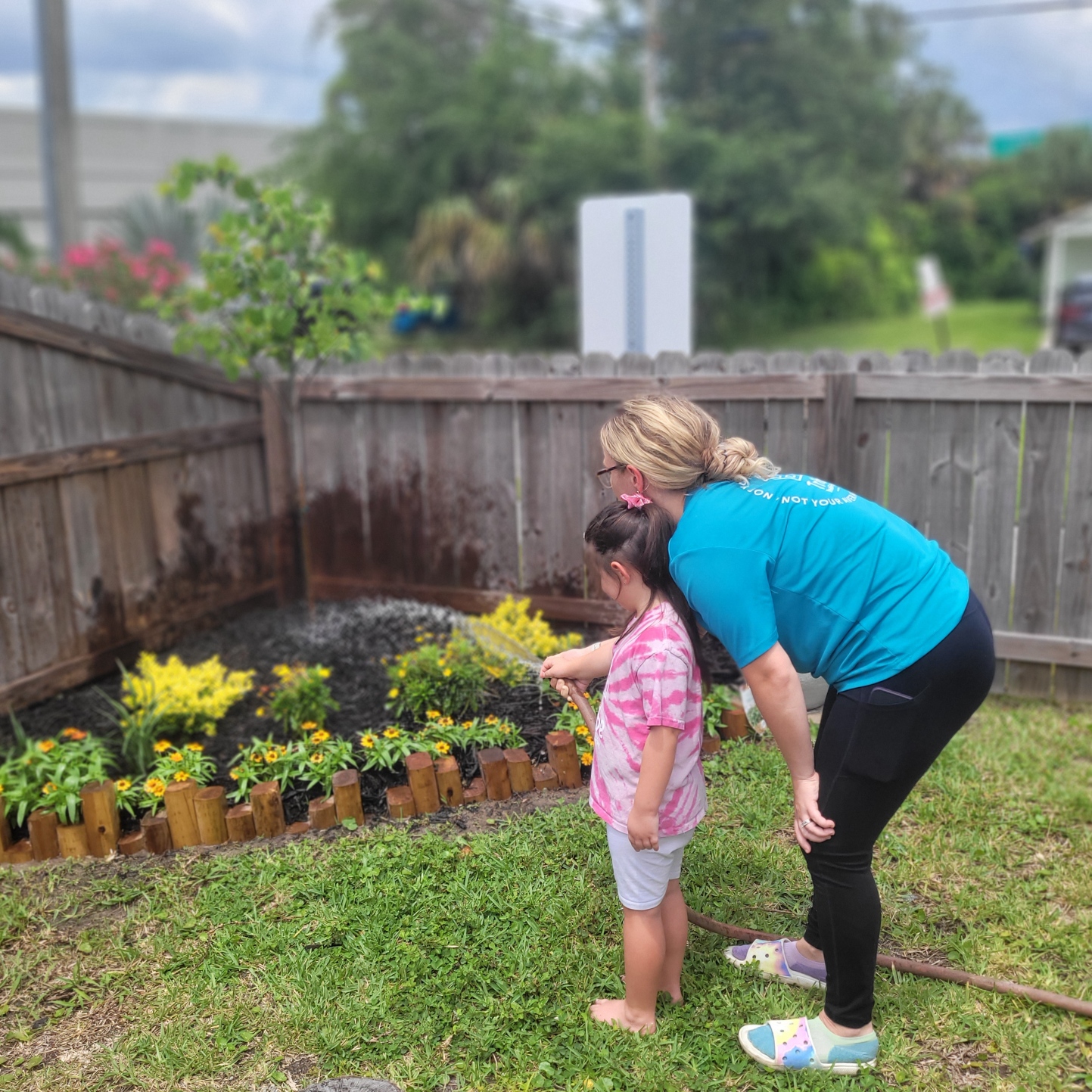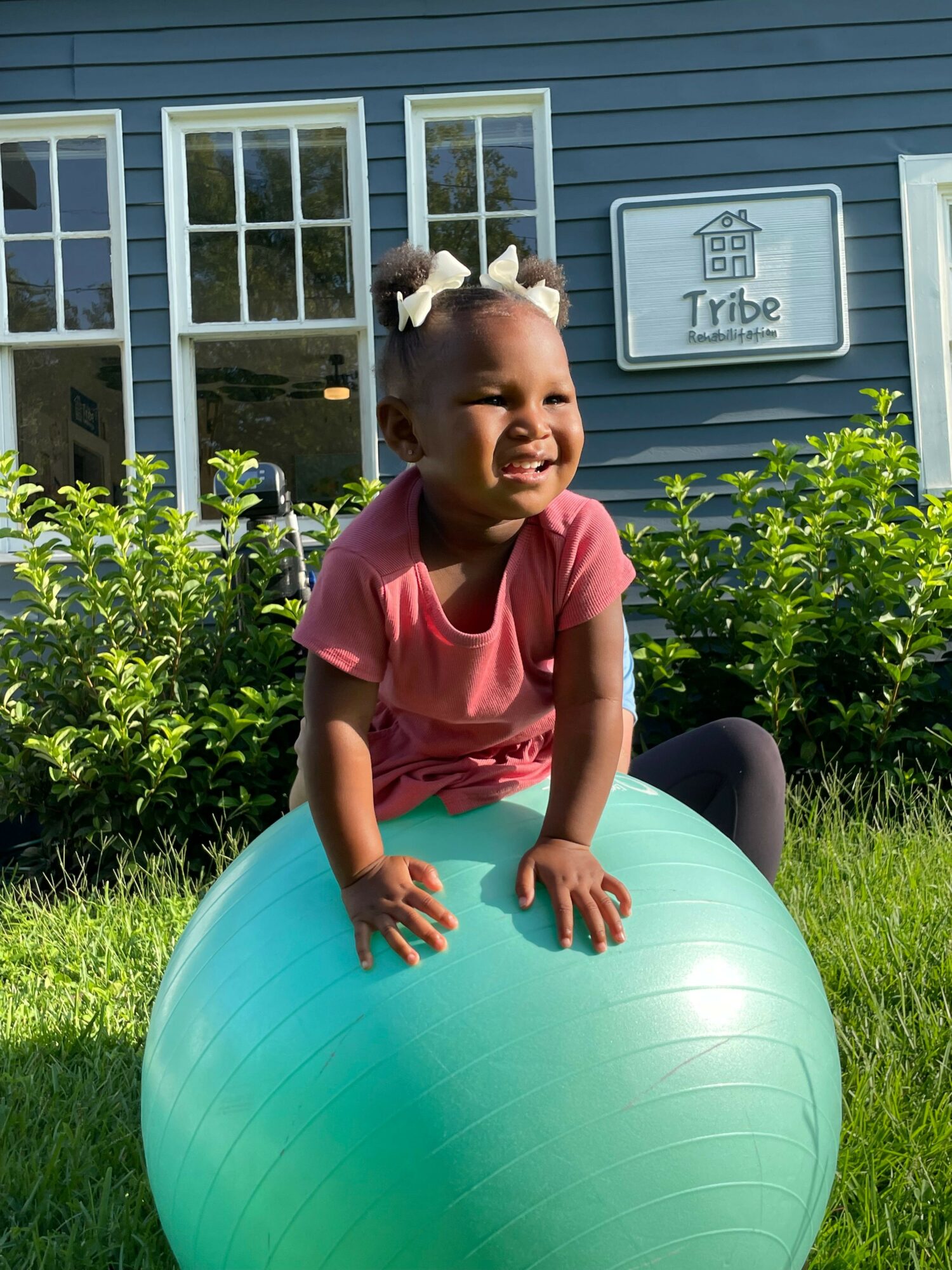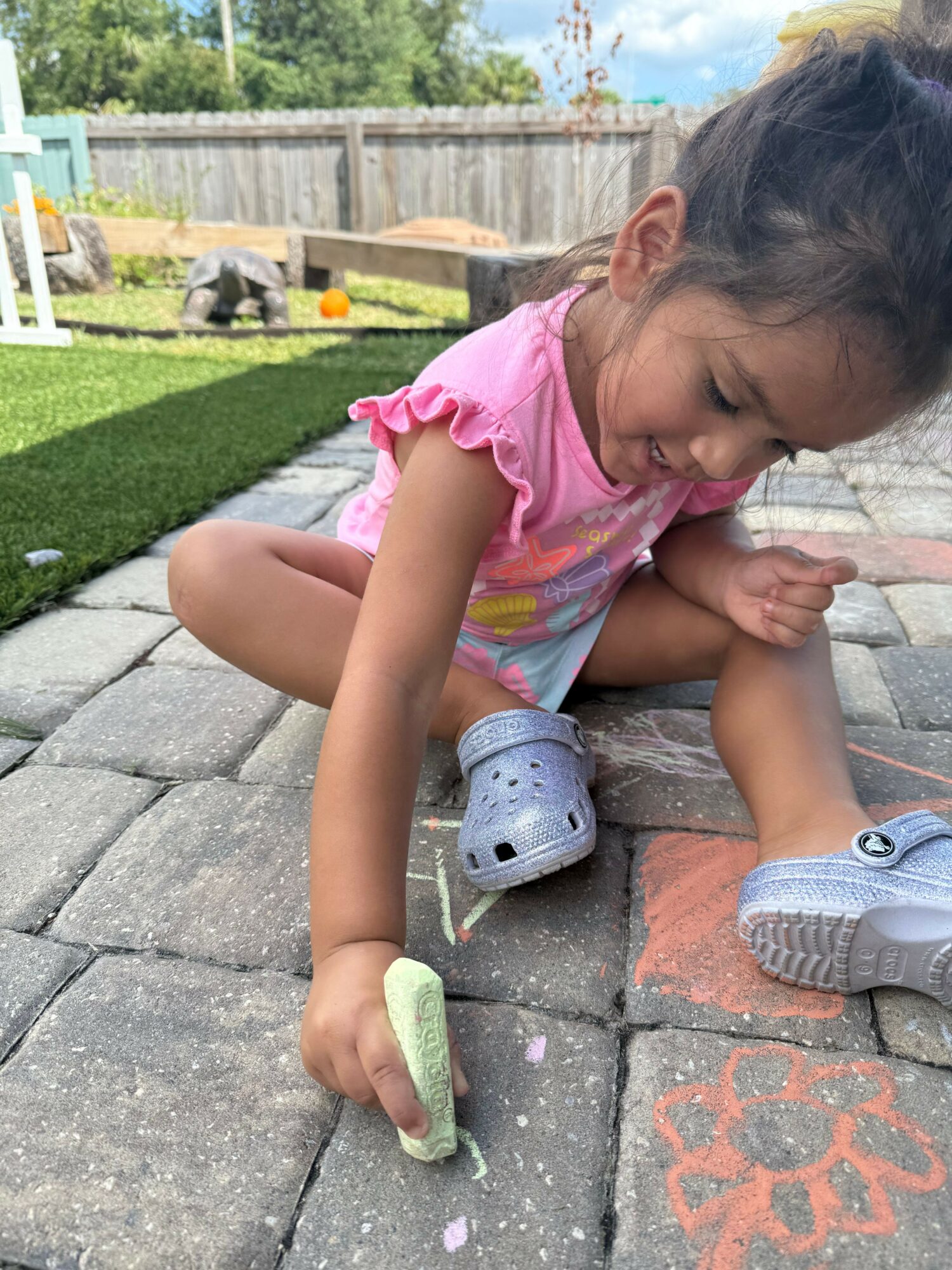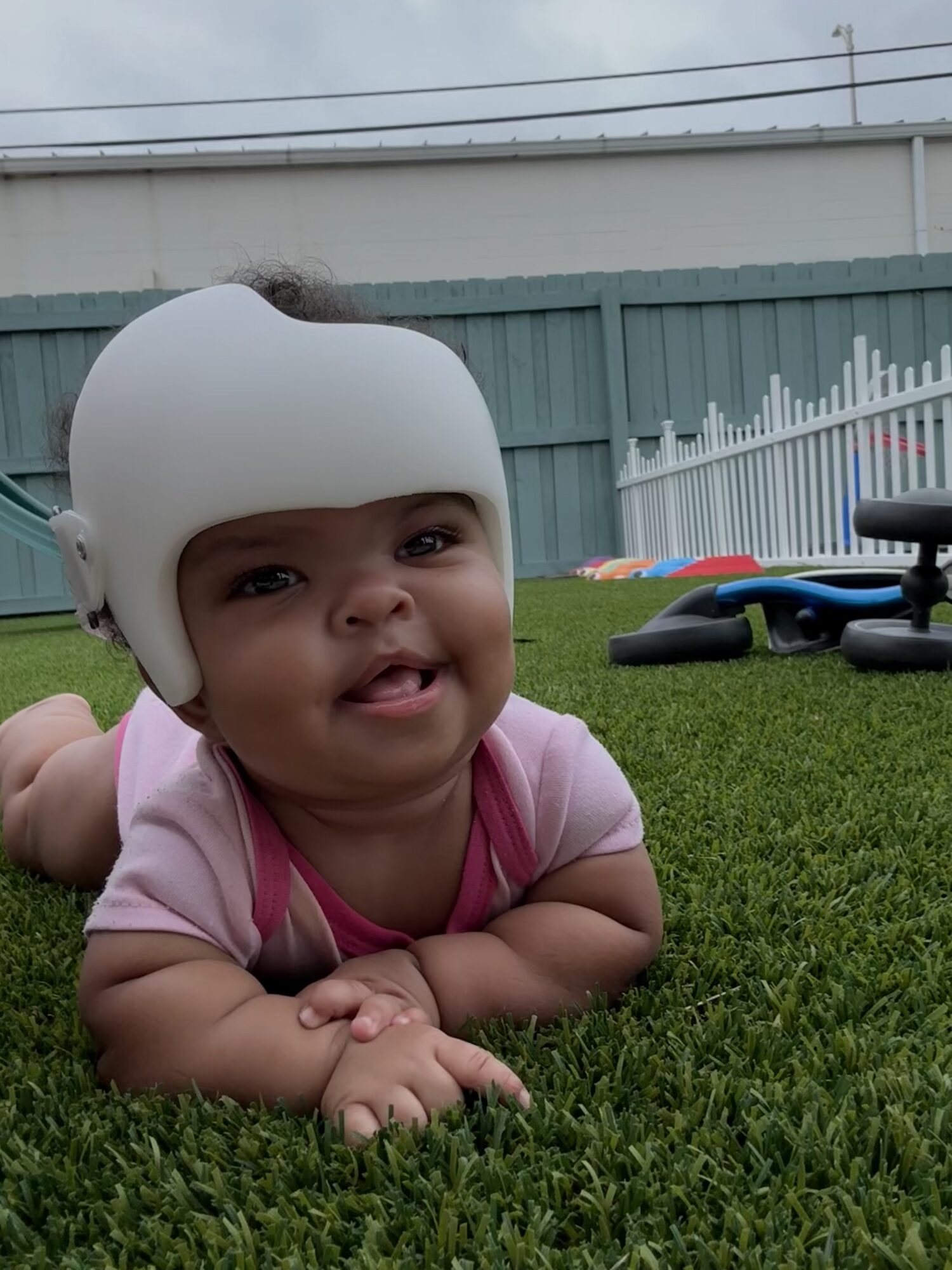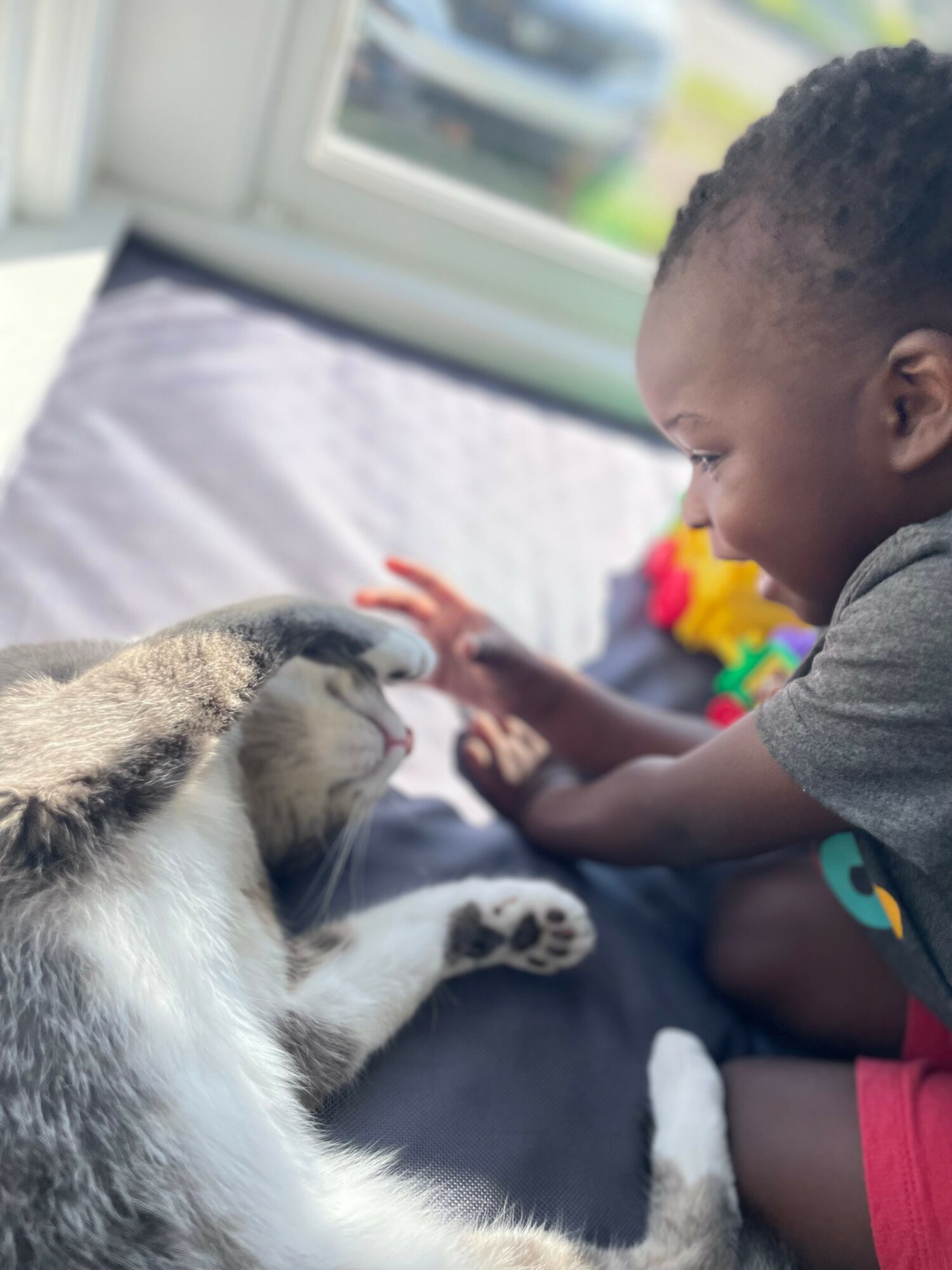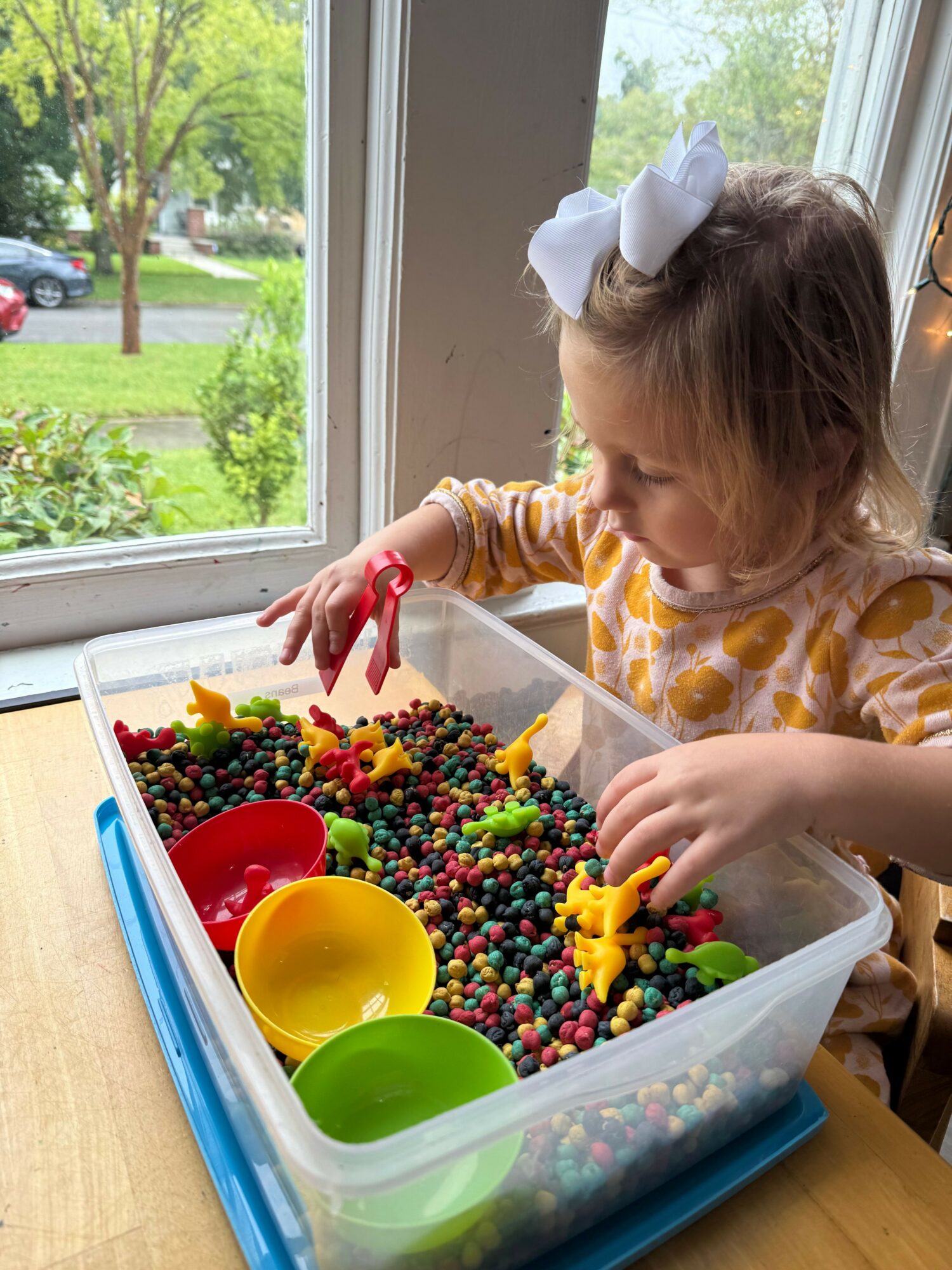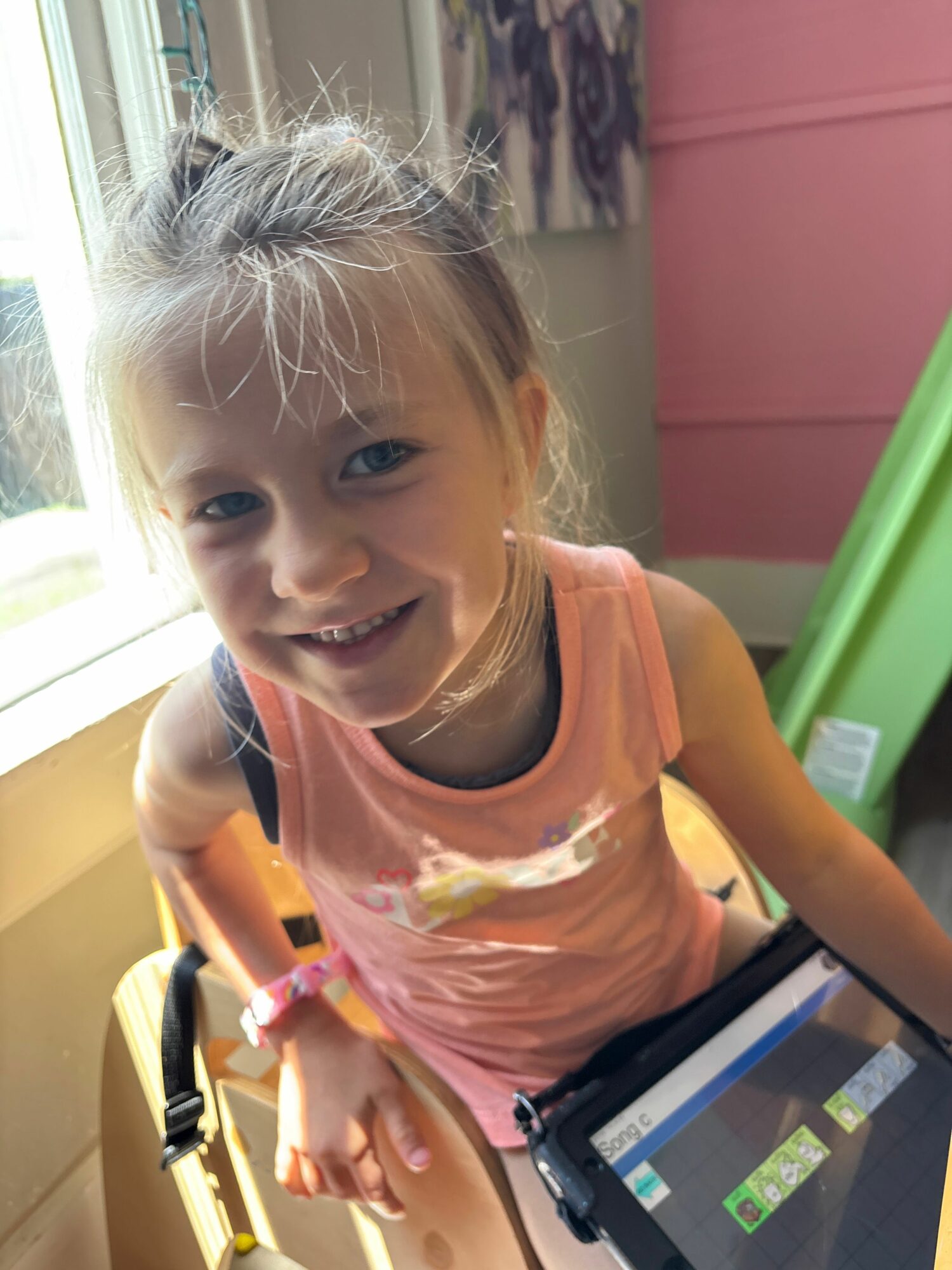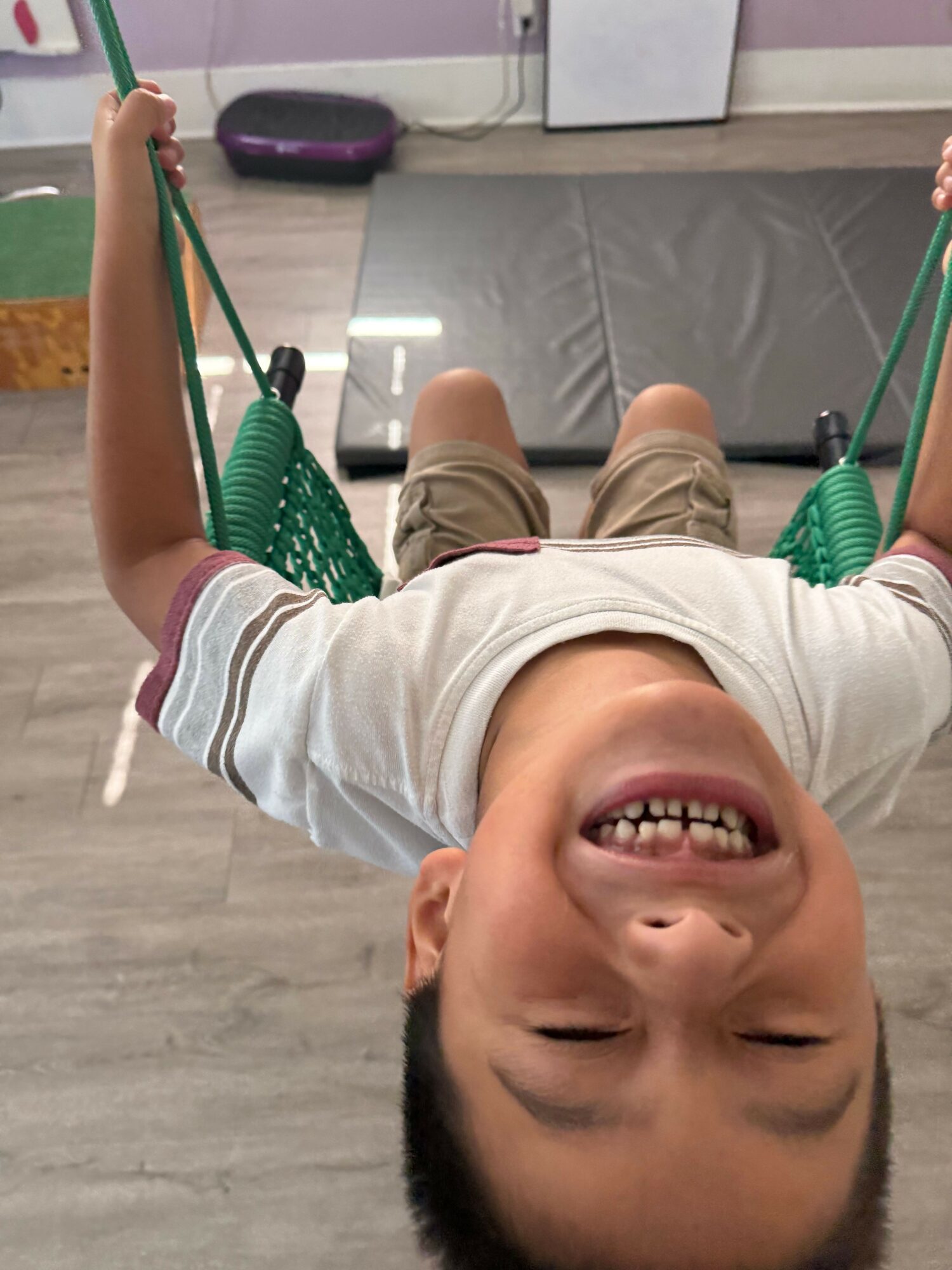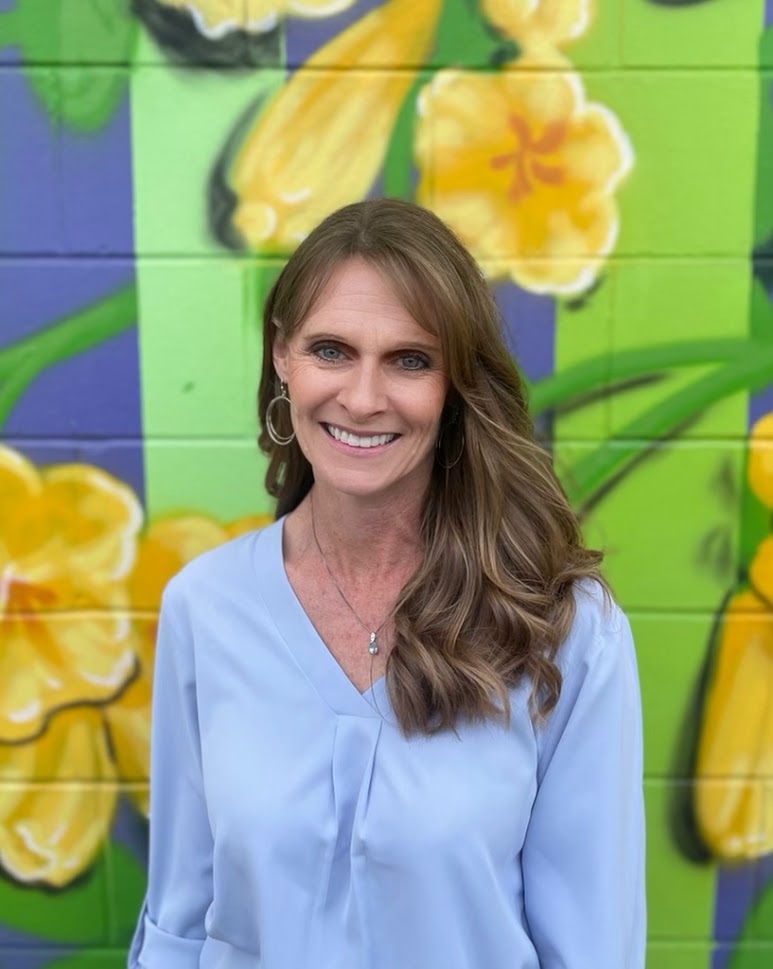

We’re looking forward to introducing you to Lori Allen. Check out our conversation below.
Hi Lori, thank you so much for taking time out of your busy day to share your story, experiences and insights with our readers. Let’s jump right in with an interesting one: What do the first 90 minutes of your day look like?
Up at 5:15. Feed the cats, then head out to the garage for a workout. Honestly, it’s the only thing that keeps me sane some days. After that, I get about 30 quiet minutes with two cups of coffee in my rocking chair, probably the last time I’ll sit down for a while. Then it’s go time- get dressed, pack lunch, make breakfast, and head out the door. If I don’t eat in the car, it’s not happening.
Traffic gives me a chance to chat with my daughter in London, and that’s when the family texts start rolling in: someone’s sick, someone’s stuck at a train, someone’s got a flat tire. Then the staff starts texting: “Waze said 8:24, now it’s 8:36 – I’ll be late.”
Once I get to the clinic, it’s all about opening up – blinds up, lights on, air on. Feed Miles the cat, Auggie the guinea pig, clean the fish tank filter, and toss some food to the feral cats under the house. Fire up the computer, check the schedule (which is already starting to shift), and before I know it, patients start rolling in and won’t stop for the next 10 hours.
Can you briefly introduce yourself and share what makes you or your brand unique?
I am a speech-language pathologist with 27 years of experience, but more importantly, a lifelong love for helping children find their voices and confidence. My journey has taken me through many different settings, from working with families in their homes through Early Steps, to the fast-paced world of Brooks Rehabilitation, to the specialized care at Wolfson Children’s Hospital. Each chapter taught me something invaluable and shaped the way I see children, families, and the power of early intervention.
Pediatrics has always been my heart. I’ve spent my entire career helping little ones grow, connect, and reach milestones that once felt out of reach and I still feel the same joy today as I did my very first year.
I created Tribe Pediatric Rehabilitation with a simple idea in mind: therapy shouldn’t feel clinical, stressful, or intimidating. It should feel like home. It should be a place where children can laugh, play, and grow while learning new skills that make everyday life a little easier.
From the start, I knew one thing for sure, the space had to be a home. I found that inside a charming 1938 historic home in Riverside, just minutes from downtown Jacksonville. When you walk through our doors, you’ll notice right away that it doesn’t feel like a clinic. There’s sunlight, laughter, toys on the floor, and probably a few tiny bikes parked by the porch. You might even spot a pet or two hanging around outside.
Our team provides speech-language, feeding, occupational, and physical therapy for children from birth to age five. We work with little ones who are developing differently or facing unique challenges. Though we have a high volume of autism spectrum disorder we work with children across a wide range of developmental and medical differences. Each session is guided by evidence-based practices and decades of combined experience, but it’s also shaped by what makes a child them.
We believe children learn best when they’re moving, exploring, and having fun. That’s why therapy might look like baking muffins in the kitchen, riding a tricycle down the sidewalk, digging in the garden, or practicing potty time in the bathroom. These moments of play are powerful, and they help kids build confidence, communication, and independence in real-life ways.
Our home at 2103 Gilmore Street sits in one of Jacksonville’s lowest-income ZIP codes. That location isn’t by chance but is central to our mission. We want high-quality, compassionate care to be available right where it’s needed most.
At Tribe, families are never just “patients.” They are part of our community. We know how challenging and emotional it can be to raise a child with exceptionalities, and we’re here to walk that journey with our families, to celebrate progress, share encouragement, and be in partnership so they are not alone. We are more than a clinic; we are a Tribe.
Thanks for sharing that. Would love to go back in time and hear about how your past might have impacted who you are today. Who saw you clearly before you could see yourself?
My journey in this field began at Florida State University, where I had the incredible privilege of learning under Dr. Amy Wetherby, a world-renowned researcher and pioneer in autism spectrum disorder and early intervention. What started as a simple work-study position during graduate school quickly grew into something much more meaningful. I became her research assistant, working side by side with her team as we studied the early markers of autism in infants and toddlers.
After graduation, Dr. Wetherby offered me a position on her NIH grant at Florida State, giving me the opportunity to be part of groundbreaking research in early autism and speech-language development. Looking back, those years shaped me in ways I could never have imagined.
Dr. Wetherby saw something in me long before I saw it in myself. She gave me opportunities that terrified me at the time – leading teams, managing projects, speaking at national conferences – all when I barely believed I belonged in the room. I stumbled often, said awkward things in meetings full of professors, and made my fair share of rookie mistakes. But she never lost faith in me. She saw potential when I only saw inexperience.
I’ll never forget the day I told her I was leaving to move back home to Jacksonville. I had just learned I was pregnant with my second child and wanted to be closer to family. She teared up and said, “You’ve been with me from the beginning.” And she was right. From that beginning, she taught me, stretched me, and modeled the kind of leader, therapist, and mentor I would one day become.
Dr. Wetherby is the root of my professional growth and the foundation of everything I’ve built since. I owe so much of who I am as a therapist, business owner, and human being to the seeds she planted all those years ago. For that, I am endlessly grateful.
Was there ever a time you almost gave up?
There was a time at the end of my first year when I hit what felt like the lowest of lows. I don’t think any business owner is ever truly immune from that moment where everything feels like it’s falling apart. The truth is, the most powerful way to learn is to fail, and the fastest way to grow resilience is to be hurt. Business is messy because it involves people, and people, even with the best intentions, can disappoint you, betray you, or let you down.
When you’re in that place, all you can see is the “yuck.” For me, it was a season when several members of my small team resigned within the same month. I was struggling to get paid for the services I was providing, my team was inexperienced, as was I. I didn’t know what I didn’t know. I made mistakes I couldn’t have seen coming. I didn’t know where to find the answers, and when I did, I wasn’t sure if I could trust them.
When staff leave, it’s hard not to take it personally because it feels like rejection. When payments don’t come in, you start to question your competence. You must still make payroll, pay taxes, and somehow keep your doors open even if you haven’t taken a paycheck in months. I was exhausted, not sleeping, and running on empty.
The strength I needed didn’t come from a mentor or a manual — it came from my two adult children. My daughter became my voice of righteous anger, saying the things I was thinking but felt I couldn’t say out loud. Somehow, her fire made me feel less alone. Sometimes, all it takes is one person in your corner who believes you still can.
On one of my worst days, my son called out of the blue to check in. I poured out everything that was going wrong, expecting him to meet my worry and exhaustion with silence or sympathy. Instead, he simply said three words: Don’t give up. It wasn’t elaborate, but hearing those words from my child changed everything. It was the moment I found my footing again.
Sure, so let’s go deeper into your values and how you think. Where are smart people getting it totally wrong today?
When I first started my practice, I was advised to limit Medicaid participation to no more than 35% of my patients. The message was clear: practices that take more than 50% Medicaid patients are taking a big financial risk.
Well, we’re living proof that isn’t always true.
At Tribe Pediatric Rehabilitation, over half of our families use Medicaid — and we’re not only surviving, we’re thriving.
Yes, it takes tremendous effort to stay compliant with referrals, authorizations, evaluations, and plans of care. Yes, it means jumping through endless hoops to get paid. And no, I won’t be sailing away to the Caribbean on a private yacht anytime soon.
But at the end of the day, every child deserves access to the therapy and support they need, regardless of their insurance — and we can proudly say we make that happen.
We’ve built systems, trained our team, and kept our operations efficient. But most importantly, we’ve built our mission around serving every family who asks for help.
This is the heart of who we are, and a reflection of what we have, and will, accomplish.
Okay, so let’s keep going with one more question that means a lot to us: What do you think people will most misunderstand about your legacy?
I think what people will most misunderstand about my legacy is what it actually means to run a private practice. From the outside, people often associate it with money, freedom, and success- maybe even the idea that you can work whenever you want. But the reality couldn’t be further from that. I work all the time, and when I say all the time, I truly mean it. My goal in building this clinic was to create a place that feels like family, and that commitment comes with a deep sense of responsibility and availability to the families we serve. While I do set personal boundaries when needed, I also do my best to respond to messages and concerns, no matter the hour. Even though we have official working hours, much of what I do happens after hours and on weekends to make the experience personal and supportive for our patients. Pediatric outpatient rehabilitation isn’t a high-paying field, our reimbursement rates are low, and insurance companies often make us jump through endless hoops just to get paid. The process is draining, full of tedious steps that require constant oversight, and any small error can cost us dearly. This work, this business, this life – it’s not easy. But it’s built on dedication, compassion, and an unwavering commitment to the families who trust us with their care.
Contact Info:
- Website: https://www.inthetribe.net/
- Instagram: https://www.instagram.com/triberehabilitation/
- Facebook: https://www.facebook.com/p/Tribe-Rehabilitation-100089382038908/
